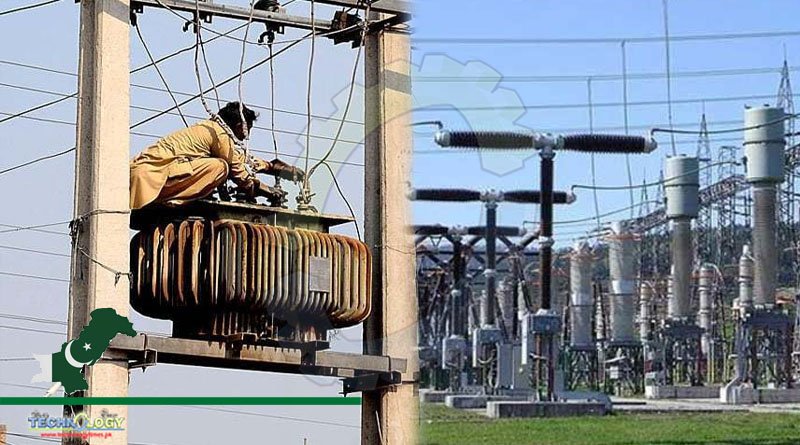On the IMF’s seventh and eighth reviews of the extended arrangement under the Extended Fund Facility (EFF), PIDE suggested a moratorium on IPPs in the future, including the proposed solar projects and audits & reaffirming the contracts for the private projects already in the system.

Terming energy sector reforms initiated by the government under pressure from international financial institutions a failure, Pakistan Institute of Development Economics (PIDE) has said that no progress has been achieved in over three decades; rather the sector is worse off, facing even more challenges. The power sector of Pakistan needs serious decentralisation of decision making and management overhaul.
In its commentary on the IMF’s seventh and eighth reviews of the extended arrangement under the Extended Fund Facility (EFF), PIDE suggested a moratorium on IPPs in the future, including the proposed solar projects and audits & reaffirming the contracts for the private projects already in the system. All new investments in IPP mode should be based on competition and the financial dynamics of the sector. Developing a competitive electricity market is the only viable solution to all problems in the power sector, said the commentary.
Establishing a power exchange market like the Competitive Trading Bilateral Contract Market (CTBCM) in Pakistan in the current scenario seems impracticable. The market should start with bilateral contracts and wheeling power, keeping transmission constraints and participants’ capacities in mind. Distributed generation is a norm in electricity markets globally. However, DISCOs and its managerial authority, the Power Division, are creating hurdles in allowing ‘wheeling’ and ‘net-metering’ regimes, which are supposed to bring competition to the sector.
NEPRA should facilitate these by discouraging the hurdle-creating entities. The commentary further said that energy planning has to be done holistically and not through whimsical projects. Pakistan’s power sector needs coordinated planning to realise an optimal power generation mix from imported fuels and indigenous resources. To overcome the governance and financial problems, the government, under pressure from international financial institutions (eg, the World Bank and the ADB), started the reform process in the sector, however, after over three decades, no progress has been achieved; rather the sector is worse off, facing even more challenges.
Once again, the WB and the ADB are providing technical assistance to the power sector of Pakistan. Perhaps it is time to let the local people do the necessary reform. The IMF thinks that the only solution is to increase prices for the consumer that reduces Pakistan’s competitiveness. Only increasing tariffs would not resolved circular debt or power sector inefficiencies.
The power sector needs serious decentralisation of decision making and management overhaul. Technical issues, such as line losses and bill collection, need to be solved locally by the local management. State-owned distribution companies (DISCOs) are corporatised but only on paper; it is unclear under which law the DISCOs are governed. Over the years, rather than the decentralisation of power, the government’s footprint on the sector (power division) has become even larger.
PIDE suggested that unless all companies are made responsible and accountable for all their decisions and finances, it would not be possible to bring efficiency to the power sector of Pakistan. These companies need independent boards with zero influence from bureaucracy. The billing system has to be decentralised and carefully targeted with technology-based pre-paid smart meters. Pre-paid smart meters will also bring transparency to billing, effective demand management, and commercial efficiency to distribution companies. PIDE further notes that a tariff structure in which costs are not recovered from all consumer categories is discriminating in nature.
Besides, creating financial difficulties for the government, such a structure also generates inefficiencies in the system and misleads investment decisions in the supply system. In Pakistan, more than 60 percent of electricity is produced by thermal sources providing costly electricity. Furthermore, the tariff mechanism adopted provides electricity charges, different across categories, creating inefficiencies and making electricity expensive for the economy’s productive sectors (industry and businesses).
PIDE notes that moving from a uniform tariff to a different flat rate across DISCOs will also significantly minimise inefficiencies. Tariffs should be based on the actual cost of services in all geographical markets The commentary further notes that direct cash transfers, compared to electricity subsidies, have proved to be a better welfare alternative for low-end consumers. Since we already have a social protection system, there is no reason to subsidise electricity. The same goes for agriculture, which consumes about 9 percent of electricity.
Originally published at The Nation